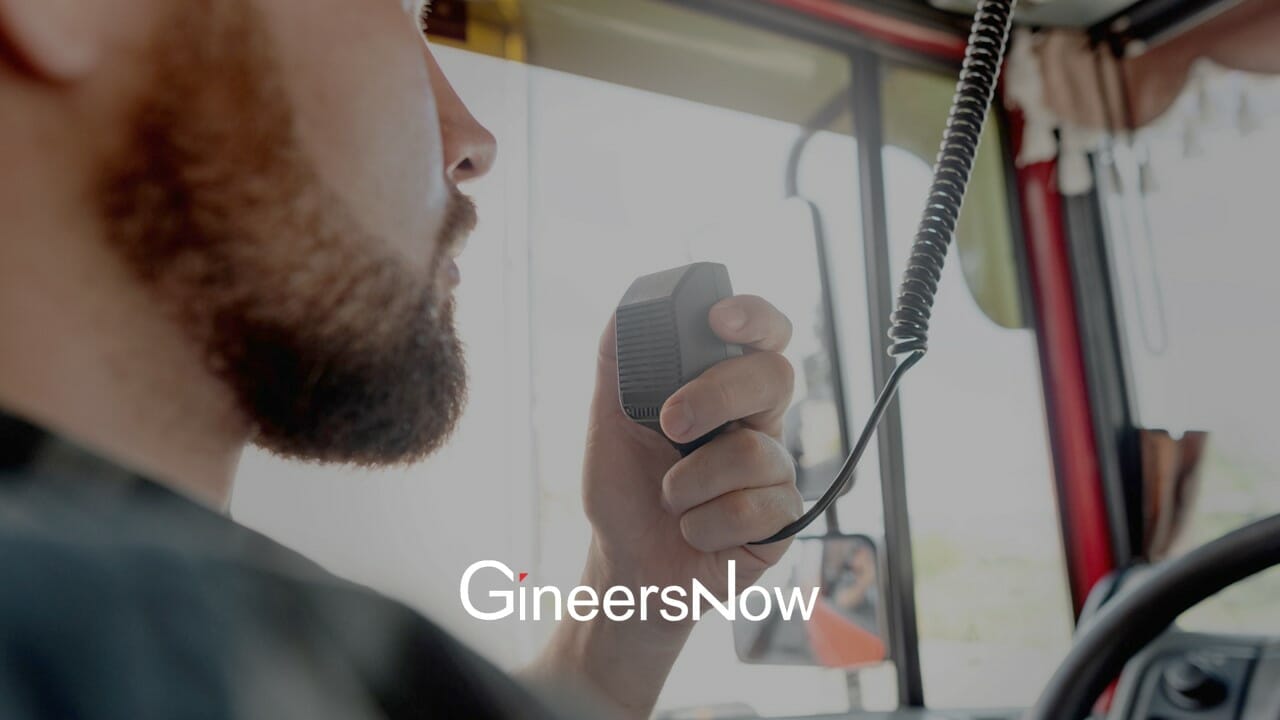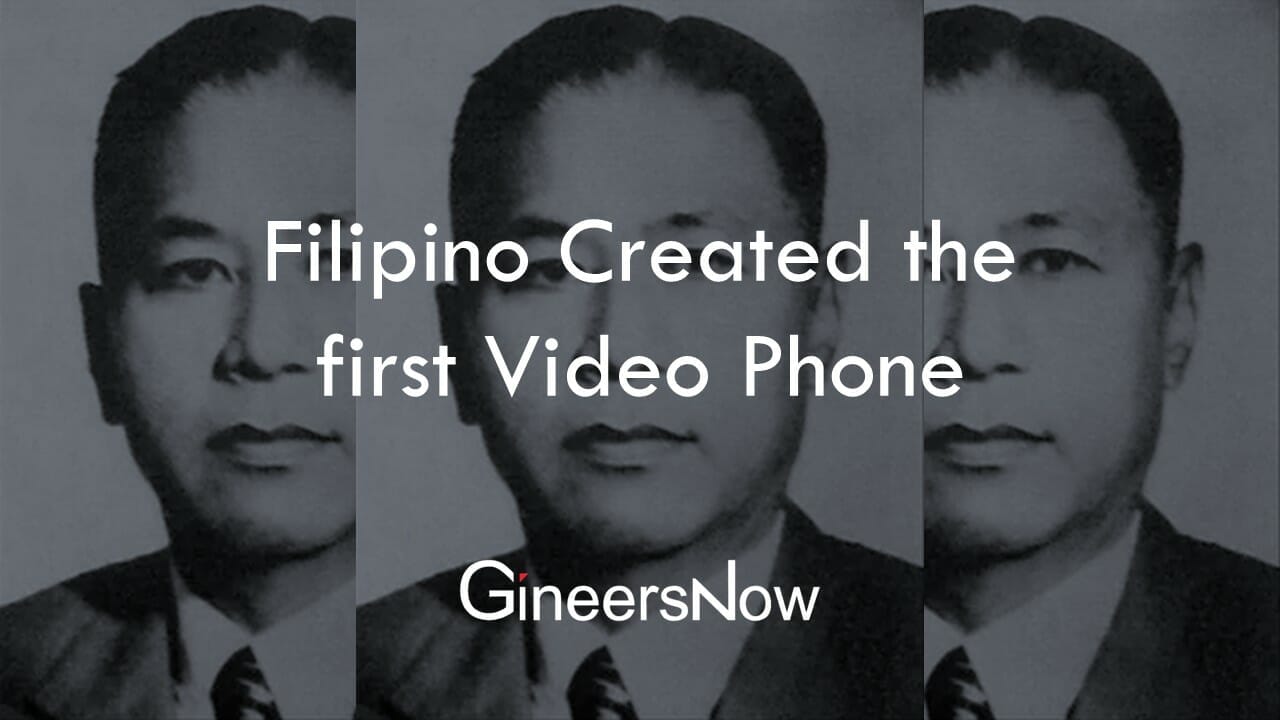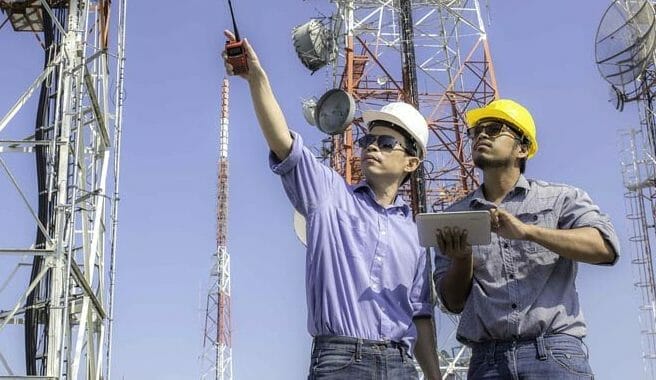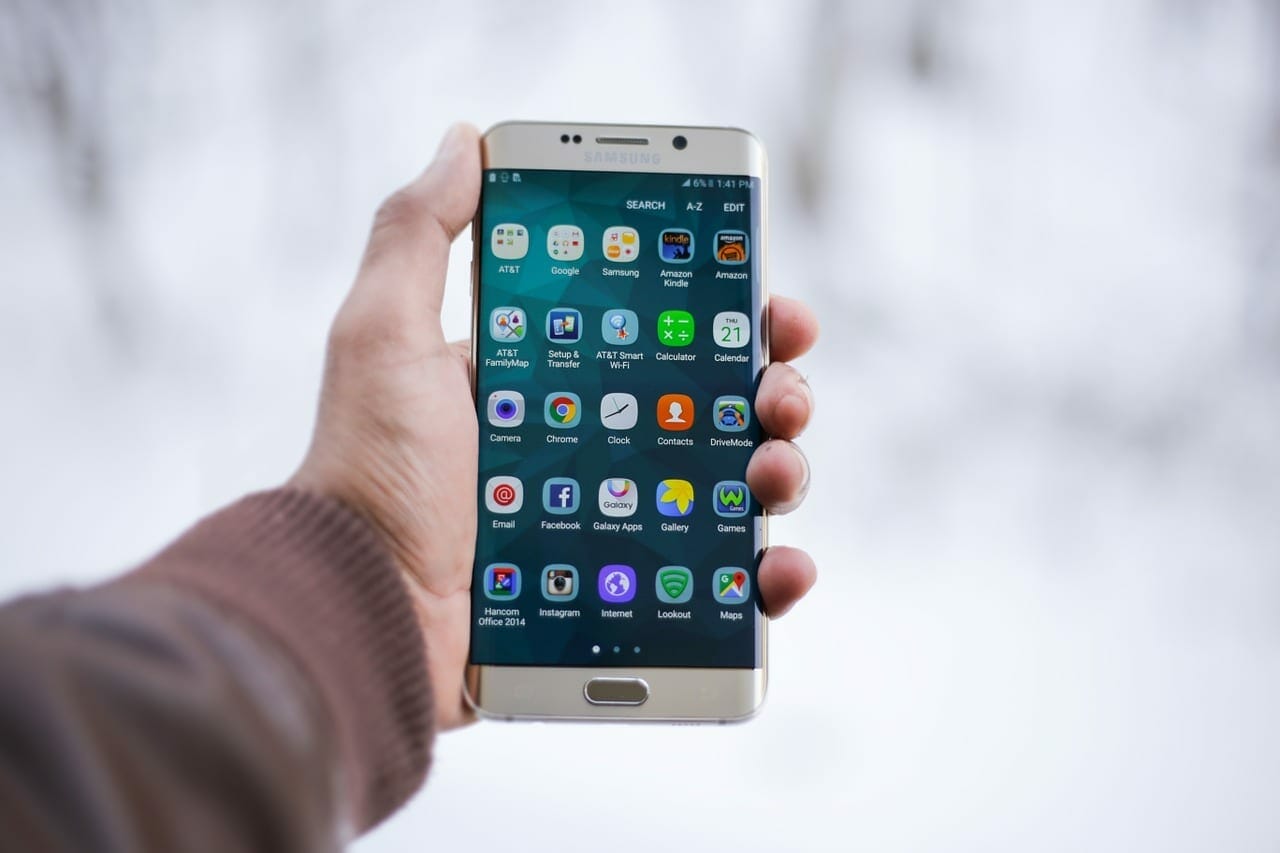The citizen band (CB) radio, which is a device that sends and receives information, remains a dependable form of communication even in the 21st century. Transceivers like CB radios are receiving more attention as a reliable mode of communication and a potential backup option for communication in out-of-range locations, during an emergency, or even during weather mayhem.
The endurance and usefulness of long-range 10 meter radios during emergencies are remarkable. However, CB radios have several uses beyond emergency functions. They can also function by increasing any procedure and guaranteeing that everything runs well. To know more about the uses of these impressive transceivers, keep reading.
Uses Of Citizen Band Radios (CB Radios)
In the woods, at low or high elevations, on the highway, in remote locations, when the network is down, in disaster zones or during natural disasters, CB radios offer a reliable, adaptable substitute for cellular communication. Below are some of the uses of CB radios.
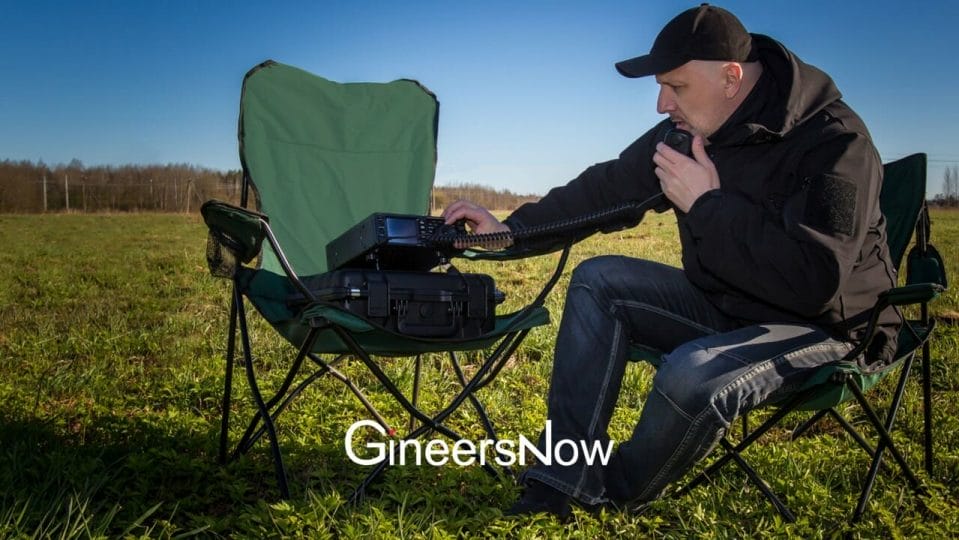
Highway Communication
CB radios provide a low-cost and effective mode of mobile communication. CB radios make it possible to stay in touch while driving, whether you are a trucker or on a road trip:
- Travelers: With the aid of a CB radio, travelers may locate a different route around traffic congestion, be alerted to impending roadblocks, receive severe weather alerts, and receive assistance in the event of a mechanical failure or medical emergency. If traveling with friends, family, or co-workers in different automobiles, CBs make it possible to stay in touch continuously without incurring talk time charges. Travelers can schedule meals and restroom breaks and ask for help with CB radios.
- Truckers: Truckers rely on CB radios for crucial information about the highway. All information they pass on is usually helpful for everyone on the road. For flawless radio and voice connections, trucks from logistics service providers require CB radio service. These radios help truckers navigate and communicate in an emergency. Additionally, truck drivers use these radios during traffic congestion and search for alternate routes.
- Bikers: Bikers also use CB radios for communication on the highway. Motorcycle riders are ideally exposed to the same dangers as truckers, making the information passed by truckers usable. Like truckers, group motorcyclists frequently travel through highly rural and inaccessible locations, and CB radios provide additional communication options to keep everyone in sync and informed.
Alerts
For security warning and readiness, having a personal communication system that is not dependent on telecommunications infrastructure like phone lines, mobile towers, or broadcast radio and TV is highly beneficial.
- Security Alerts: To mitigate risk, enterprises who want to be informed about nearby security risks like robbery, power downtime, incursions, and other operation and security threats can get CB radios for timely alerts and warnings. Business owners also use CB radios to gather crucial information and streamline operations within the organization.
- Traffic Alerts: CB radios can help avoid misunderstandings at crosswalks during periods of high traffic by signaling commuters. Road users also use CB radios to broadcast traffic notices, such as alerts about police activity, especially when police officers’ activity is ongoing along the highway, to control traffic congestion and accidents.
Emergency Response
Emergency response teams keep an eye on the official CB Radio emergency channel. CB radios provide emergency responders with quick and efficient replacements for mobile phones. With CB radio, they can receive emergency signals, follow emergency calls, and swiftly connect with other team members. Emergency response teams can get a head start when responding to natural disasters thanks to the NOAA weather channels available on some CB radios.
Communication in Out Of Range Locations
The most crucial purpose of CB radios is still their dependability and functionality in times of emergency, weather mayhem, or network downtime, which are often on hunting, off-landing, and hiking expeditions.
- Overlanders: Off-road groups use CB radios because cell phone coverage while traveling in locations without roads can be difficult. Advice and caution are passed to fellow overlanders during the adventure with the help of CB radios. By using CB radios, overlanders stay in contact with the group and run less chance of being lost. Off-roaders also use CB radios for navigation while traveling through unfamiliar areas.
- Hikers: CB radios are an excellent emergency tool for hikers. Solitary backpackers who venture off the main trails are usually advised to have a CB radio with them for safety and should in case they need rescue.
- Fishermen: When traversing water bodies, fishermen can use CB radios to communicate.
- Hunters: Hunting is a daunting activity that can take one into high altitudes and other unpredictable zones where network services may be unavailable. This is why having a portable long-range 10-meter radio should be a top priority.
Conclusion
Conclusively, using a CB radio remains very practical and helpful in many circumstances as the CB radio serves many purposes, including effective communication during emergencies. You can also take pleasure in your travels and adventures with the CB radio without worrying about communication problems. It is safe to predict that CB radios will continue to be essential for many years.


